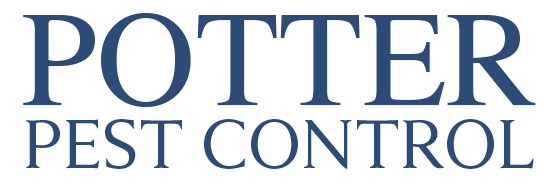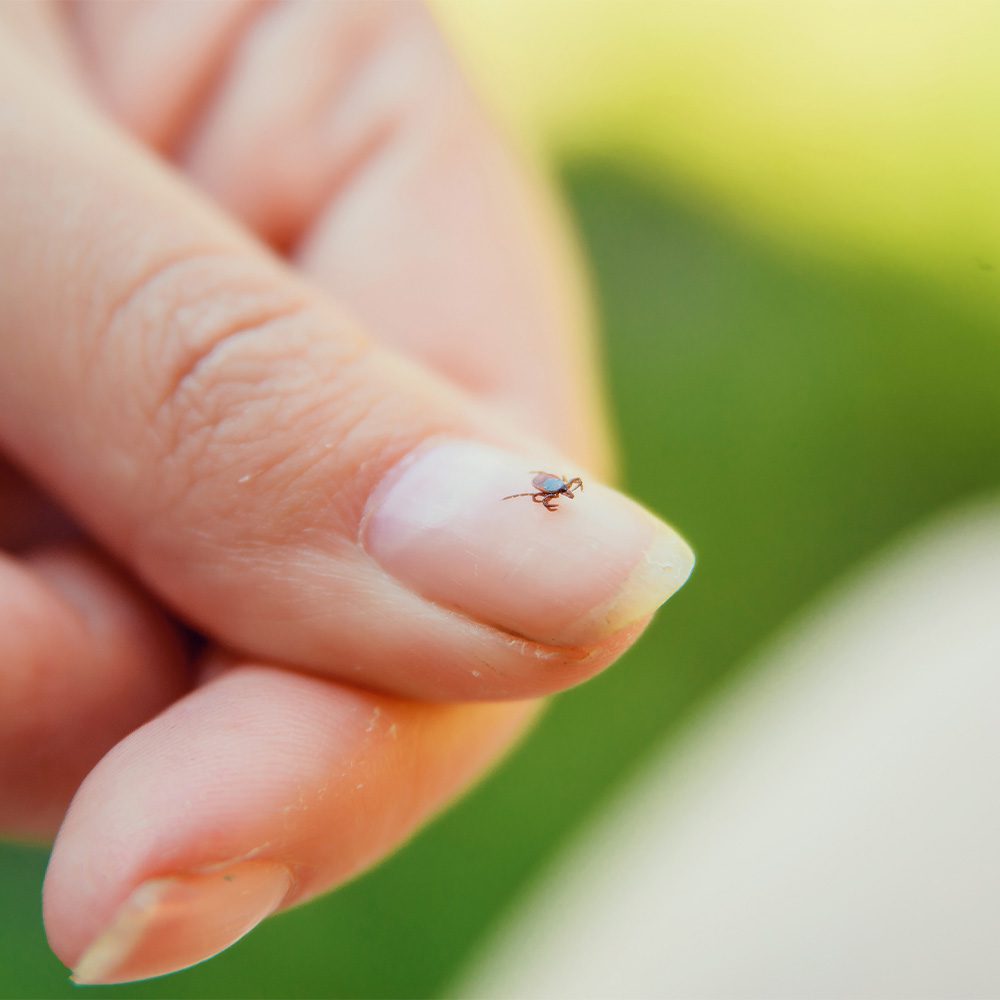
If you live in Toms River, Monmouth County, or Ocean County, you’ve probably noticed more ticks this summer, making tick prevention more crucial than ever. Reports have shown that tick bites and tick-borne illnesses are rising in 2025.
Experts have cited the milder winters and wetter springs in New Jersey that help ticks survive and grow. This has resulted in a 30–40% rise in tick populations in Toms River, Monmouth County, and Ocean County compared to last year, and the Fordham Tick Index recently hit a 10 out of 10 risk level in the northern parts of the Jersey Shore.
How Tick Bites Impact Families in Monmouth and Ocean County
Black-legged ticks (also known as deer ticks), lone star ticks, and American dog ticks thrive throughout New Jersey and can transmit various illnesses, such as Lyme disease or worse. Deer tick bite infection rates are as high as 30–50% for Lyme bacteria in Toms River and the Jersey Shore, so even a single bite can pose a risk.
Ticks can be especially sneaky. Young nymphs are the stage most likely to transmit Lyme disease and can be hard to see, often leaving unnoticed bites. Removing them within 24–36 hours reduces the risk of infection, but prevention is much better than medical treatment after the fact.
Why Yard Tick Treatments Are Worth It in Toms River
A barrier spray or yard treatment by a certified pest control provider like Potter Pest targets ticks in your yard at every life stage. Our treatments:
- Reduce tick presence around their habitats—such as grassy edges, shaded brush, and near wildlife corridors.
- Give you a professional who treats with a thoughtful, balanced approach: not just spraying chemicals everywhere, but targeted treatments to keep ticks away safely and effectively.
- Provide season-long protection, primarily through peak months (May–September) when tick activity is highest in Toms River, Monmouth County, and Ocean County
Treatments aren’t just for show. But it results in fewer ticks on our property, which means less risk of bites, and fewer chances for pets or kids to bring them inside.
Simple Tick Prevention Tips for Your Yard and Family
1. Yard care basics
- Keep lawn at a tidy height—tick densities rise in tall grass and leaf litter
- Trim shrubs and trees to let in sunlight—ticks favor damp, shaded zones
- Create a 3-foot woodchip or gravel barrier, if possible, between your lawn and wooded edges to discourage venturing ticks
- Remove brush piles, leaf litter, and debris, especially near play areas or patios
2. After outdoor activity
- Perform full-body tick checks after being outside
- Shower immediately and run clothes through a hot dryer for 10 minutes to kill any ticks
- Check pets regularly and consult your vet for effective tick prevention products
3. If you find a tick
- Remove with fine-tipped tweezers by gripping close to the skin, pull straight up steadily
- Clean the area and monitor for symptoms like a rash or flu-like signs for the next few weeks
- Save the tick if possible and seek medical attention if symptoms appear
The Best Tick Protection Combines Yard Care and Treatments
Tick prevention is a multi-layered approach. While lawn maintenance and personal measures significantly reduce tick presence, they are not foolproof—especially given Toms River and the Jersey Shore’s expanding tick populations and diverse tick-borne pathogens. Professional treatments help address the hidden threat before it reaches your family and pets. Potter Pest offers targeted tick control solutions tailored to Monmouth and Ocean County conditions. Our services include:
- Yard treatments and barrier sprays
- Habitat modification guidance
- Seasonal Protection Plans
Our goal is a tick-safe yard where you can enjoy summer peace of mind—bite-free and pest-free.
Enjoy a Tick-Free Yard in Monmouth and Ocean County
Don’t let ticks turn your family’s outdoor time into a health hazard. Whether you’re hosting backyard barbecues, playing in the grass, or walking the dog, you deserve a yard that’s inviting to people, not pests.If you have questions about our tick treatment plans or need a one-time treatment, contact us by filling out a form or better yet, call us at 732-284-7707

